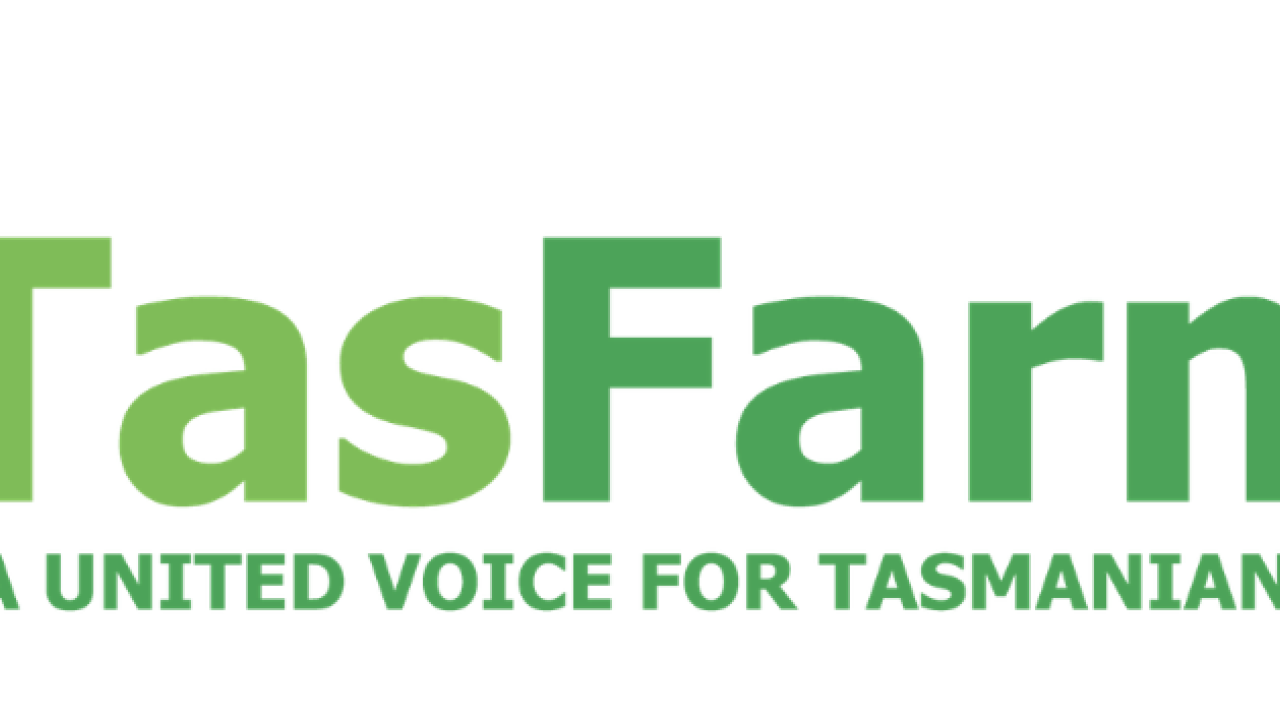Freight scheme under fire

Tasmania’s peak farming body is calling for a major overhaul of the Freight Equalisation Scheme which is says is hurting farmers.
TasFarmers representatives appeared before the Select Committee on the Tasmanian Freight Equalisation Scheme last week.
The committee was established to investigate the scheme's suitability and to gather evidence from Tasmanians.
TasFarmers CEO Nathan Calman told the committee the scheme is underfunded and hurting farmers with current levels not matching the real costs of importing and exporting to Tasmania.

"In our submission, we've made it clear that since the scheme was introduced in the 70s, the level of support versus the actual costs of shipping have drifted further and further apart,” Mr Calman said.
"If we go back to the original intent, the scheme is there to reduce disadvantage for those living on the island of Tasmania, and we consider the scheme to be in essence the equivalent of our highway one. The underfunding of that scheme and the drift away from cost recovery for farmers over time is probably equivalent to the underfunding of the National Highway.”
Mr Calman said the current freight subsidy operates more as a "wharf-to-wharf" rebate rather than covering the full cost of delivery.
TasFarmers believes the subsidy rate should be reviewed annually and adjusted so that the final freight cost for Tasmanian producers is no higher than it would be for an equivalent journey on mainland Australia, from point of dispatch to destination.
"Considering the actual point to point, from dispatch to delivery cost over the last 30 years, the annual increase would have been well ahead of inflation,” Mr Claman said. “So, I don't think comparing or increasing the rebate on inflation every year is necessarily the right measure.”
TasFarmers member Matt Ryan told the committee that, while the scheme may have been relevant when it was first introduced, the industry operates differently today, and the scheme now puts the industry at a disadvantage.
“There’s a commodity rate system on Bass Strait, so if you ship different products, they are rated differently depending on the type,” he said.
“Our ability to compete in many markets is severely hampered by a system that favours one product or industry over another. It may have made sense 30 years ago when it was introduced, but it’s no longer suitable in today’s environment."
Mr Ryan told the committee, Bass Strait is the most expensive stretch of water in the world.
"It’s cheaper to ship goods to Spain than it is to Sydney, and that’s crazy,” he said.
Mr Ryan emphasised that this disadvantage is significant enough to deter investment in the state.
“We often discuss the cost-of-living crisis in Australia, but particularly in Tasmania, there’s also a cost-of-doing-business crisis,” Mr Ryan said.
Senator Tammy Tyrrell, Independent Senator for Tasmania, said the evidence from shipping experts, farmers and transporters at the inquiry makes it clear the current system is not working.

"The Tasmanian Freight Equalisation Scheme isn’t fit-for-purpose anymore,” she said.
Ms Tyrell said residents of Flinders Island are especially affected because freight costs are sky high, so groceries, supplies and housing are sky high
"Tasmanians have been calling for change for years,” she said.
“They’ve finally had their voices heard because of this inquiry. It’s time for this scheme to get a makeover and help Tassie businesses the way it’s supposed to."
Tasmanian Minister for Transport and Minister for Business, Industry and Resources, Eric Abetz, said the inquiry presented an opportunity to advocate for a level playing field for Tasmania.
“Our island state relies on sea freight for the movement of 99 per cent of our goods, across one of the most expensive stretches of water to move goods and people, with resulting flow-on effects for the cost of doing business and the cost of living,” said Minister Abetz.
“Shipping has inherently high fixed costs across short distances, which is expensive when compared with road and rail transport, and Tasmania does not have the luxury of these cheaper alternatives.”
Mr Abetz said there have been numerous inquiries into the Scheme during its near-50-year existence and the State Government will be urging the Federal Labor Government to commit to a no-worse-off guarantee.
"Inconsistencies in the scheme's scope and operations seem to have crept in due to numerous amendments over the years; the different treatment for King Island and Flinders Island being one example I have lobbied the Federal Government about,” he said.
"It is also unacceptable that TFES assistance rates for our farmers and agribusinesses have not changed since 1998 and do not reflect increasing Bass Strait shipping costs, the problem exacerbated further in times of feed and fodder shortage from drought."
Mr Abetz said any change which left Tasmania worse off would be unacceptable.
“We support changes to the Scheme that improve efficiency and simplicity for claimants, reduce administrative costs, and enhance confidence in the Scheme’s integrity,” he said.
Mr Abetz said it is now up to the Select Committee to carefully consider the representations made by Tasmanians and make recommendations that ensure the Scheme continues to offset the freight cost disadvantage for Tasmanian businesses.

Add new comment